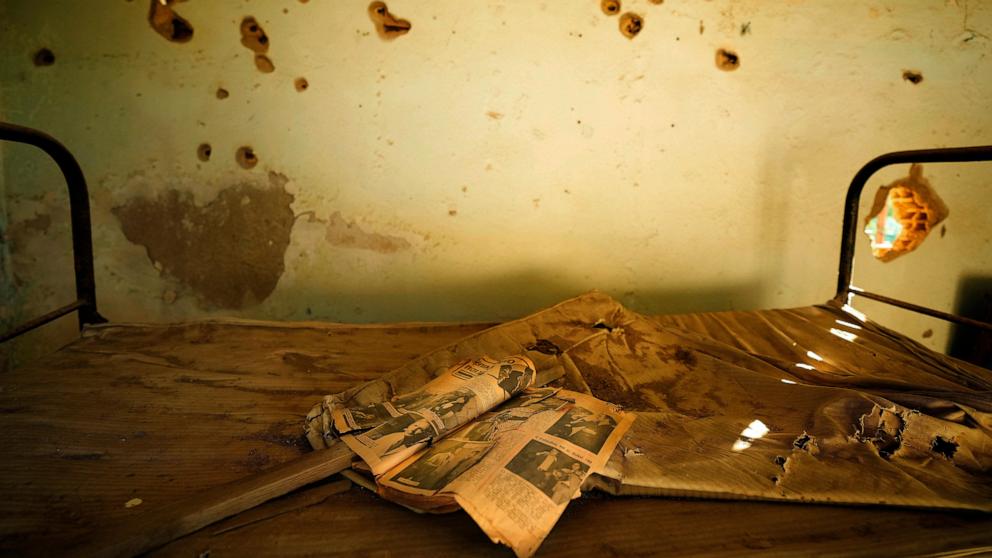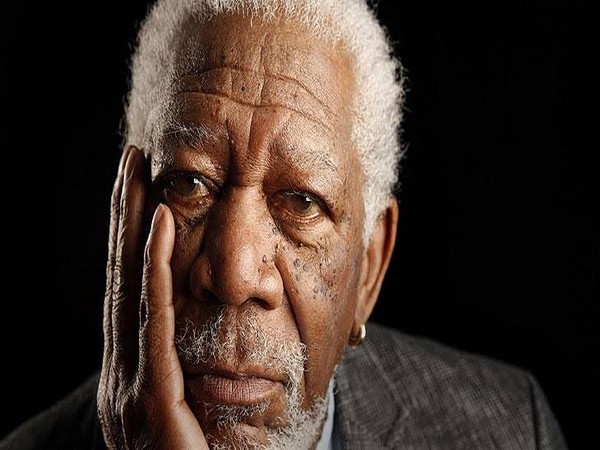AP PHOTOS: Remnants of lives interrupted by war half a century ago captured in Cyprus’ buffer zone

NICOSIA, Cyprus – A rickety piano leans askew against a peeling apartment wall, dusty pots and pans sit on a stove that has seen better days, and an open book, its pages yellowed with time, lies next to a rusty tin can – signs of houses that were once full of life but suddenly stand abandoned, as if frozen in time.
Fifty years ago, Turkey invaded Cyprus – five days after supporters of union with Greece staged a coup with the support of the then-ruling Greek junta – and split the island nation in the eastern Mediterranean along ethnic lines. Only Turkey recognizes a later Turkish Cypriot declaration of independence in the northern third of the island, where it has stationed more than 35,000 troops.
The Associated Press was granted exclusive access to the 180-kilometer-wide United Nations buffer zone, where its troops have been stationed since 1974 to keep the peace between Turkish and Turkish Cypriot troops on one side and Greek Cypriot National Guards on the other.
The traces of war are everywhere: from the torn walls of houses and shops under fire from large-caliber guns to the hastily constructed brick and mortar gun emplacements facing each other. But what is most eerie is how the heart of a capital city stopped mid-beat as people fled in a hurry for their lives, leaving everything behind.
The UN says tensions along the buffer zone are rising again due to the emergence of hundreds of new firing positions and cutting-edge surveillance technology with potential military uses.
Talks on the formation of a federation of Greek- and Turkish-speaking areas have stalled since the last UN-backed attempt seven years ago, which followed many failed attempts.
Now Turkey and Turkish Cypriot forces are distancing themselves from a federation and considering a two-state agreement, which the Greek Cypriots have flatly rejected, jeopardising UN Secretary-General Antonio Guterres’ renewed attempt to bring both sides back to the negotiating table.



